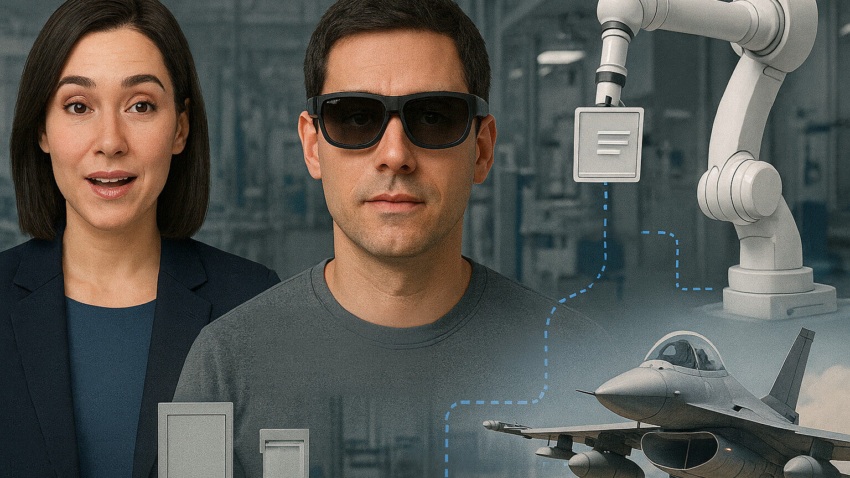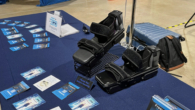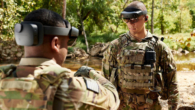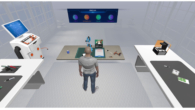
Simulation Weekly News
⊲ Last Week’s Sim News Summary ⊳ In digital communication, Synthesia, a UK company, continues to innovate with its Express-2 update, providing lifelike AI avatars that exhibit nuanced gestures, facial expressions, and synchronised speech, instantly capturing tone and accent. These advancements aim for more natural and engaging AI-produced content. Complementing this, the Rokid AI Glasses offer real-time translation for conversations and images, a teleprompter mode, and advanced object recognition, powered by a Qualcomm AR1 processor, aiming to break down communication barriers.
AR is delivering measurable benefits in manufacturing, such as higher efficiency, fewer errors, and improved safety, with successful applications at companies like Safran and Latecoere in aerostructure assembly projects. Furthermore, “RoboBallet,” an experimental AI developed by UCL, DeepMind, and Intrinsic, can synchronise eight robotic arms to plan up to 40 tasks in seconds through simulated rehearsals, vastly outperforming traditional programming methods that take weeks. This could lead to more adaptable and efficient factories.
In defence, the US Army has relaunched its AR headset initiative, awarding $354 million in contracts to Anduril and Rivet Industries for its Soldier Borne Mission Command (SBMC) program. This program seeks to integrate night vision, AR, and AI to resolve battlefield data fragmentation, marking a departure from Microsoft’s IVAS program. Meanwhile, a French Dassault Rafale fighter jet achieved a simulated kill against a U.S. F-35A during NATO’s Trident Atlantic 25 exercise, sparking discussions on close-range engagement advantages in modern air combat.
Finally, for creative development, Roblox is enhancing its AI toolkit to make 3D creation more fluid. Creators can now build fully functional objects, environments, and code with generative AI, lowering barriers for beginners and accelerating professional workflows.








